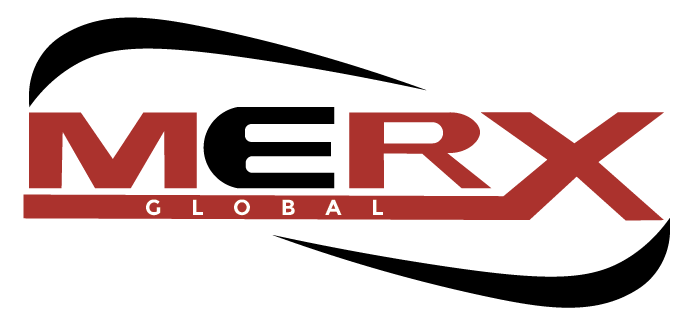The Washington, D.C.-based Surface Transportation Board (STB), an independent adjudicatory and economic-regulatory agency charged by Congress with resolving railroad rate and service disputes and reviewing proposed railroad mergers, said late last week that it decided the end its litigation on its Final Offer Rate Review (FORR) rule, adding that STB Chairman Patrick Fuchs will propose action for the full board in response to the United States Court of Appeals for the Eighth Circuit decision vacating the rule.
The FORR proposed rule is a new rate review option for smaller cases and was introduced in September 2019. STB officials said that FORR utilizes procedural limitations to constrain the cost and complexity of a rate case, which would include principle-based, non-prescriptive criteria to allow for innovation with respect to rate review methodologies.
STB said that on December 19, 2022 it issued a final rule in Docket No. EP 755 Final Offer Rate Review, which created a new procedure for shippers to challenge railroad rates, with then-Board Member Fuchs and Board Member Schultz dissenting from the final rule, and Union Pacific Railroad and the Association of American Railroads (AAR) appealing the rule.
In August 2024, when the Eighth Circuit made the decision to vacate the rule, STB said the Eighth Circuit found that STB lacked statutory authority to prescribe rates through FORR and also that FORR was not consistent with Administrative Procedure Act hearing requirements.
Looking ahead, STB said that Chairman Fuchs intends to offer a draft action regarding the FORR docket for consideration by the full STB in April, pursuant to a decision by the Eighth Circuit.
“In fulfilling its overall mission, the Board must eliminate unsound and unduly burdensome regulations while facilitating access to markets on reasonable terms, including streamlined processes,” said Chairman Fuchs. “I look forward to working collaboratively with shippers, carriers, and the broader public to improve the Board’s adjudications, uphold the law, and make the agency more effective and efficient.”
Following the September 2019 NPRM for the FORR procedure, STB said that five of the Class I railroads came together in filing a joint petition, in which it called on the STB to make them exempt from FORR procedures. In exchange, STB said that the railroads promised to agree to resolve rate cases through binding arbitration, which carriers had not agreed to do over several years. And in November 2021, STB said it advanced FORR and also the establishment of a voluntary arbitration program.
STB said that each of these review mechanisms are limited to rate disputes worth up to $4 million in relief over a two-year period. It also stated that under the arbitration program, Class I rail carriers would commit for a period of five years to arbitrate rate disputes, under a similarly expedited schedule.
In 2022, the AAR said that called the FORR “fatally flawed and said the arbitration rules ignore key principles that could otherwise make STB-sponsored arbitration of small rate disputes a viable option.
“The FORR rule abdicates the agency’s statutory responsibility to determine the maximum reasonable rate,” said AAR. “Sound economic principles are abandoned, in favor of an arbitrary procedure that offers no certainty to any stakeholder and instead rewards legal brinksmanship.”
AAR also said that FORR exceeds the agency’s authority, explaining that in a case filed under the new rule, the agency would do no independent analysis or engage in any reasoned decision-making, but instead would simply choose the “final offer” rate proposed either by the shipper or by the railroad.

